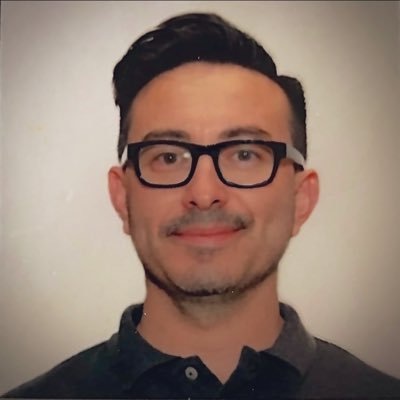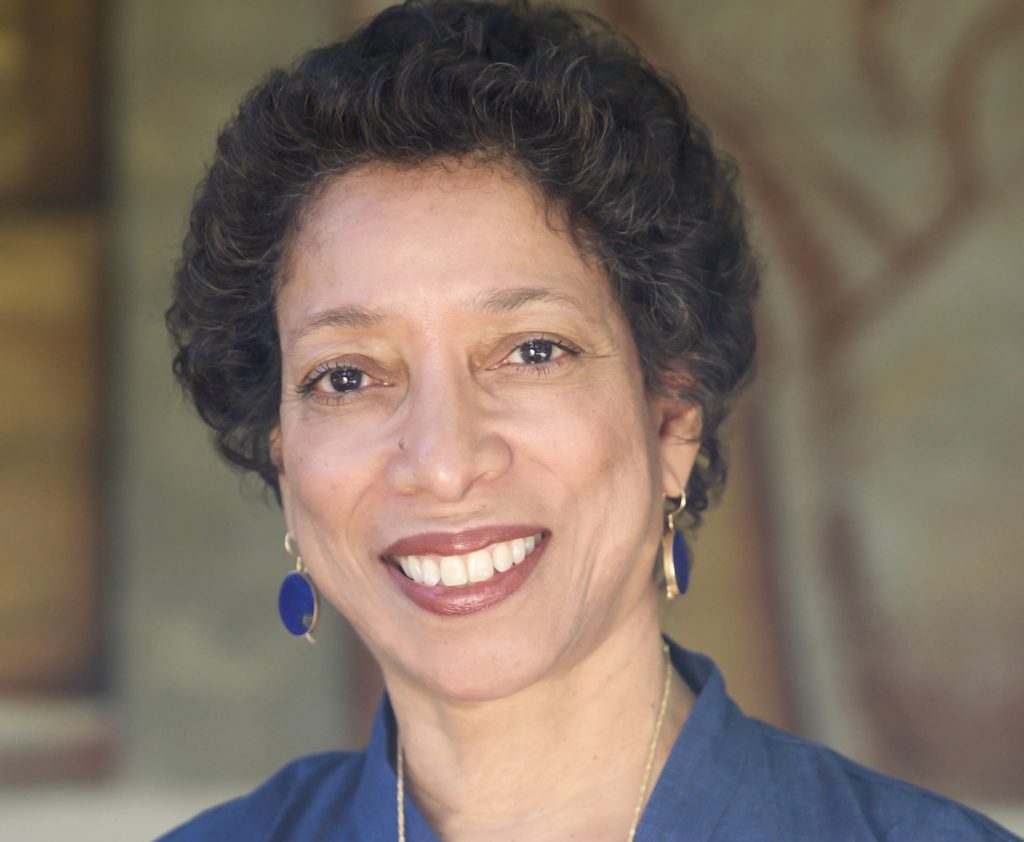As part of our celebration of National Poetry Month, Tab Journal Communications Coordinator Lydia Pejovic posed a few questions to our new Contributing Editors Ruben Quesada and Lynne Thompson both about their own interests in poetry and about the larger culture of poetry.


What about Tab Journal interested you enough to join the staff as a Contributing Editor?
Lynne Thompson: Tab Journal’s reputation as a literary journal that not only values text but exalts that text by pairing it with original and ever-changing graphic design has always made it a top-notch journal in my view. In addition, Tab’s commitment to a practice of equity and diversity in selecting its contributors, making it a policy that becomes integral and systemic in its editorial policy, made me excited to take on this role.
Ruben Quesada: I’m impressed by Tab Journal’s visual elements. Fewer literary journals combine visual and literary aesthetics. I’m excited to introduce this journal to new readers and lovers of art and literature.
What particular perspectives or skills do you bring to Tab Journal?
Ruben Quesada: I’ve been editing literary journals for the past decade, and each journal I’ve worked with has taught me something new about editing. I believe that editing and composing an issue is similar to writing a poem. It is a practice of building an experience for the reader. With each iteration of an issue, I learn more about the importance of the editorial role. The experience reminds me of editing my work. As a jpurnal editor, I have the privilege of shaping readership and celebrating work that introduces me to new perspectives and reminds me about the beauty of life.
Lynne Thompson: Fighting for equity for the underserved and marginalized has been a tenet of my work, first as an attorney, and now as a poet. In particular, in my role as L.A.’s Poet Laureate, I’ve worked to hone my skills to bring the broadest range of voices possible to public awareness on my podcast, Poems On Air.
When you review and select poems for publication, what are you looking to see? What about an individual poem make an impression on you?
Lynne Thompson: I look, first and foremost, for the music in a poem’s lines. That music might be blues or Beethoven, might be Rhiannon Giddens or classical guitar, but whatever the genre, the music is always the most beguiling way in for me.
Ruben Quesada: As a critic and editor, I try to find the question a poem or collection attempts to answer. An individual poem may clarify something, but there aren’t many poems that do this with insight and grace. Language should be composed thoughtfully. I’m excited about poems that draw my attention to music and storytelling. Form and content vary, but I believe all writing is a form of storytelling.
What’s exciting about poetry right now?
Ruben Quesada: I’ve always been excited about a poem’s imagination and language. I’m interested when a poem moves beyond the mundane in content and form. Poems are about the meaning of language and the beauty of imagination. Writing poetry is a practice made simply for its intellect and style. Poetry is an art that is practiced and not a profession. Yet, anti-capitalists will decry the need to be paid for labor. What excites me about poetry right now is its growing loss of value. Poetry is too focused on the poem’s maker as a token of the art and less on the art itself.
Lynne Thompson: Despite the nightmare that has been the pandemic that is entering its third year, poets have been deeply ensconced in their craft as evidenced from the “gotta-buy-it” books from visionaries like Randall Horton‘s {289-128}and Mai Der Vang’s Yellow Rain, among too many other truly amazing books to name. I’m most excited that the creative impulse survives like a green shoot bisecting hard ground.
How can poetry connect us to our communities?
Lynne Thompson: The poet Laure-Anne Bosselaar recently recommended that poets write about communities other than our own. Her advice strikes me as a brilliant approach for us all to begin to understand and honor our individual communities and to look for ways to connect with them, to empathize.
Ruben Quesada: Over the past decade, I’ve become more interested in poetry’s intersection at various forms of media to create an experience that can transcend language and culture. In the early 20th century, poets responded to their age of the image. Long before film and television became widely accessible to audiences, poets created worlds of their own for readers. As communication becomes more entangled in multimedia, poetry will serve as a tool for literacy worldwide.
Submissions are open now but will likely close by the end of May as the Editor, Contributing Editors, and Creative Director make content decisions for the July, September, and November issues.
